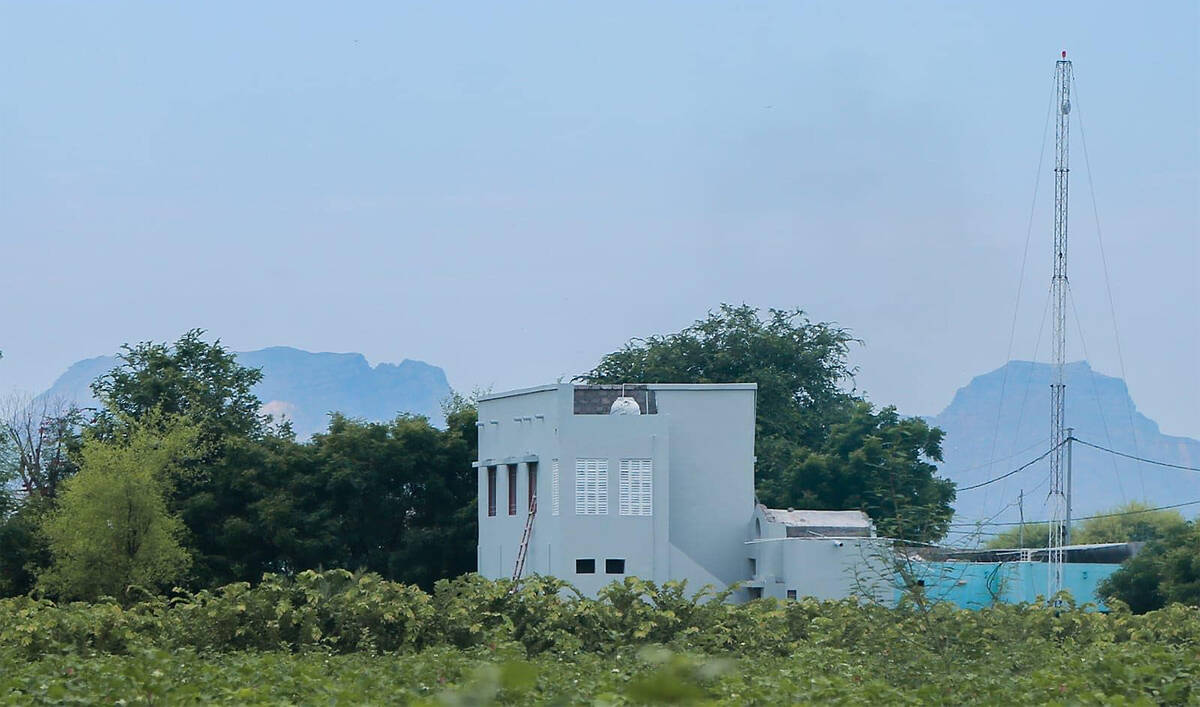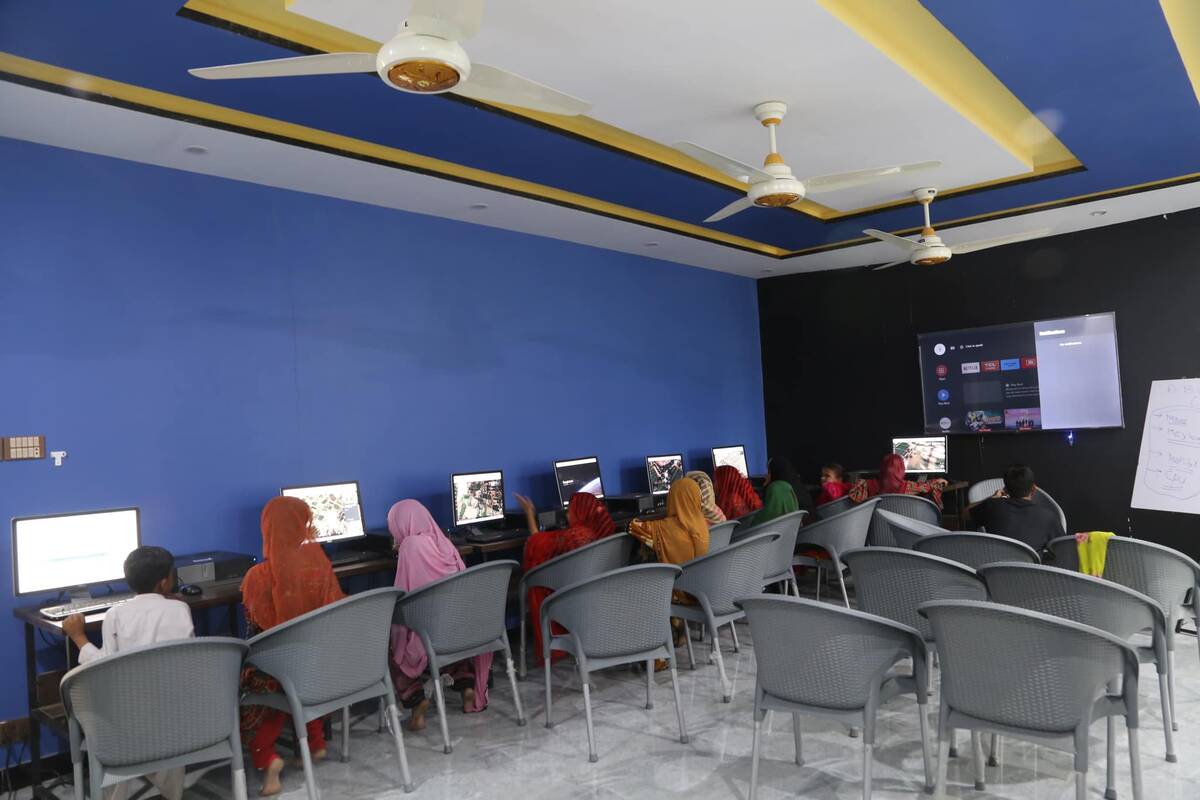ISLAMABAD: Khyber Pakhtunkhwa Chief Minister Ali Amin Gandapur, who is also a close aide of former prime minister Imran Khan, vowed this week that despite several delays his Pakistan Tehreek-e-Insaf (PTI) party will hold its planned rally in Pakistan’s capital Islamabad on Sept. 8.
Khan’s party initially announced it would hold a massive rally in Islamabad’s Turnol area in July to build pressure for his release from prison. However, the party rescheduled the rally for Aug. 22 before announcing last week it had postponed it again till Sept. 8.
The latest decision to reschedule the rally came after the Islamabad chief commissioner last Wednesday disallowed the party from holding the rally in Islamabad. The official cited security threats and a lack of resources with security agencies as his reasons for disallowing the PTI from organizing the rally in the capital. Khan’s party had said it wanted to operate within the constitution and law and did not want a “clash” with anyone.
Speaking to local news channel Dunya News on Monday, Gandapur vowed that the party would organize the gathering on Sept. 8 in Islamabad come what may.
“Now I am challenging them that on the 8 [September] I will come and if they cancel our no-objection certificate, I will create a historic show,” Gandapur said. “If they think they can stop someone on the basis of tyranny, force or hooliganism then that is their mistake.”
The KP chief minister warned the government that if it disallowed the party once again from flexing its political muscles in the capital, he would demonstrate to them the “strength of the people and the strength of Imran Khan.”
When asked whether he had read the conditions of the no-objection certificate for the Islamabad rally, Gandapur admitted he had not gone through all of them.
“The conditions are the same ones that are kept for every rally,” he said. “To be very honest, I have not read all of it because I will follow those that suit me and won’t follow the ones that do not suit me.”
The PTI, which is aiming to mobilize the public for the release of its leader, has struggled to hold rallies across the country since August last year when Khan was arrested on multiple charges and subsequently convicted in four cases, all of which have since been quashed by higher courts. New cases have since been filed against Khan and he remains in prison.
The party says it is facing a state-backed crackdown and the mass arrest of its members and supporters for standing by Khan. Pakistani authorities deny the allegations.
The action against the PTI began after people carrying its party flags attacked and damaged government and military installations on May 9, 2023, after Khan’s brief arrest that day in a graft case. The attacks took place a little over a year after Khan fell out with Pakistan’s powerful military, blaming the institution for colluding with his political rivals to oust him from office in a parliamentary vote in April 2022. The military rejects the allegations.
Hundreds of PTI workers and leaders were arrested following the May 9 riots and many remain behind bars as they await trial. The military has also initiated army court trials of at least 103 people accused of involvement in the violence. Many close Khan aides have since deserted him, due to what is widely believed to be pressure from the army, which denies interfering in politics.


















